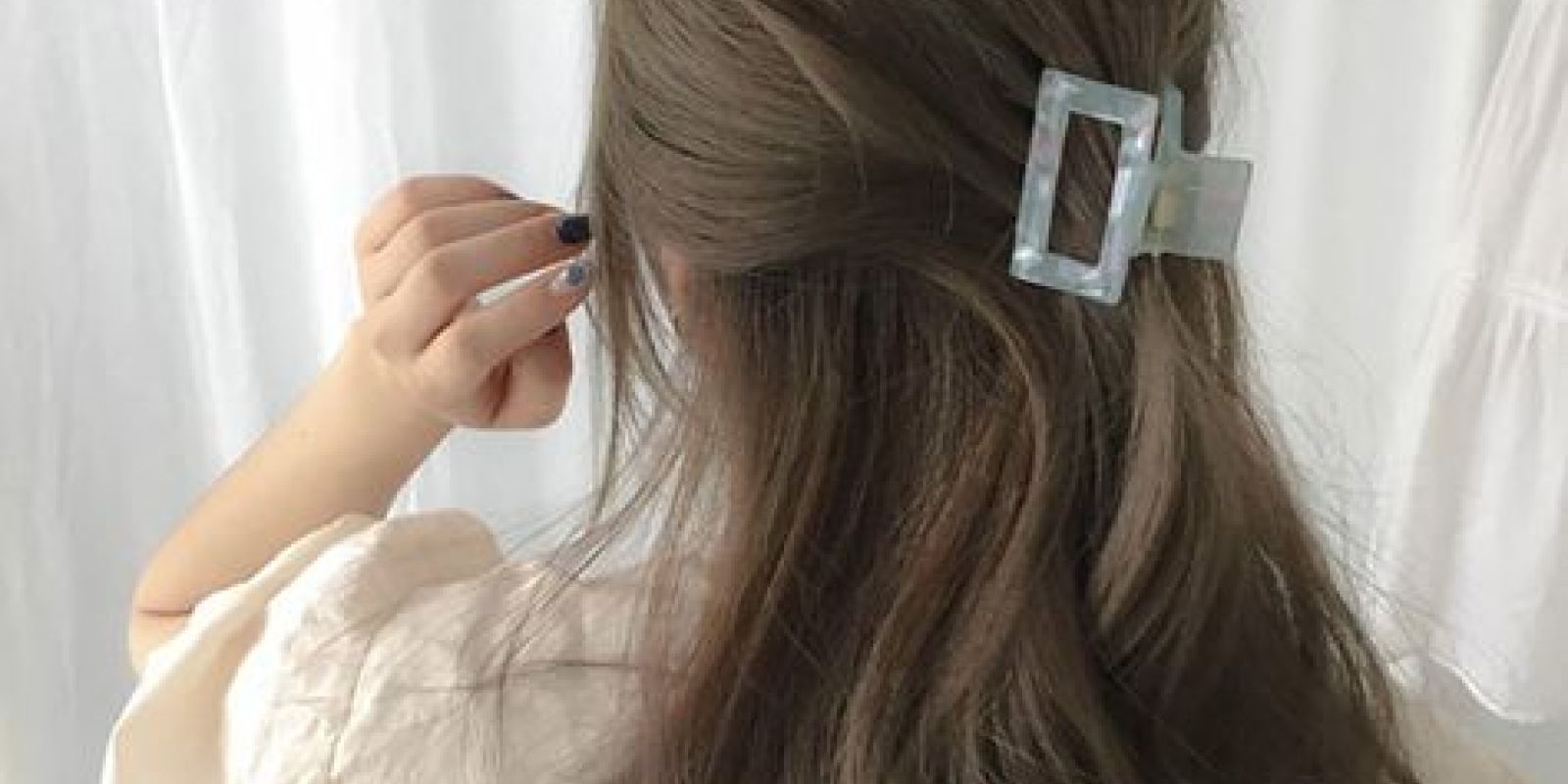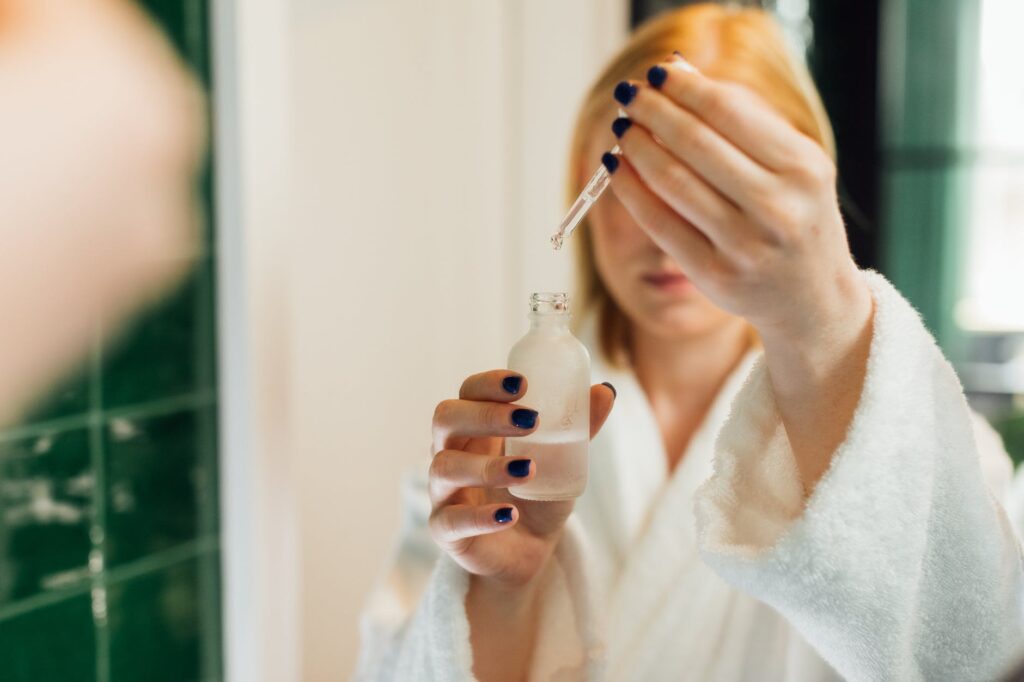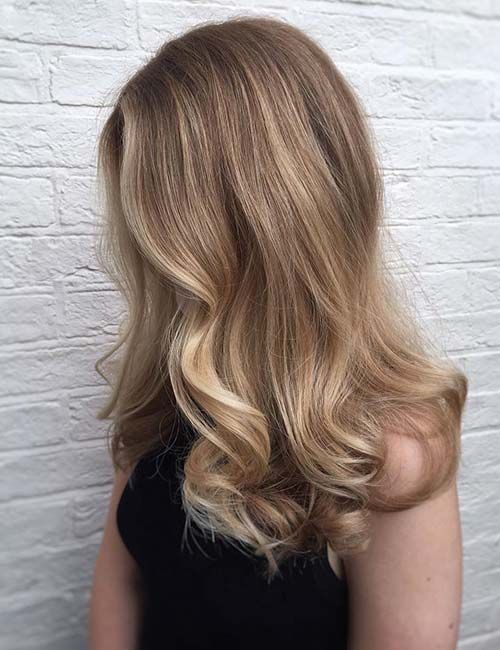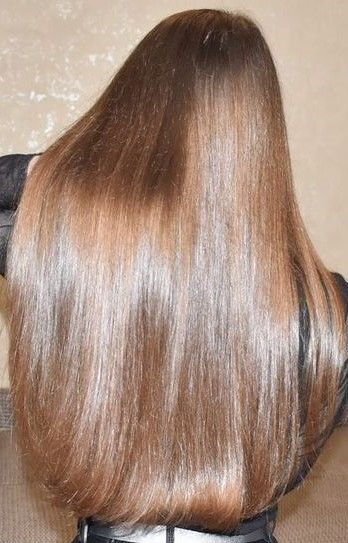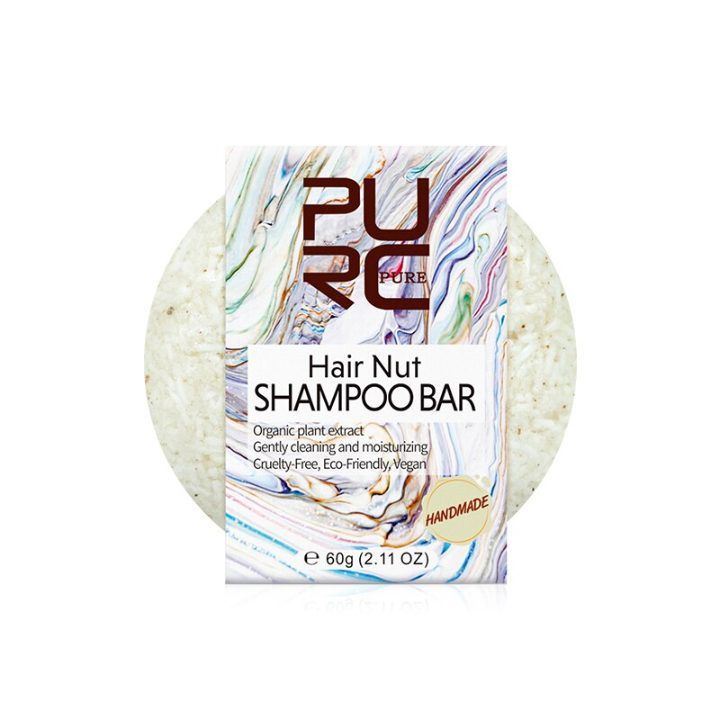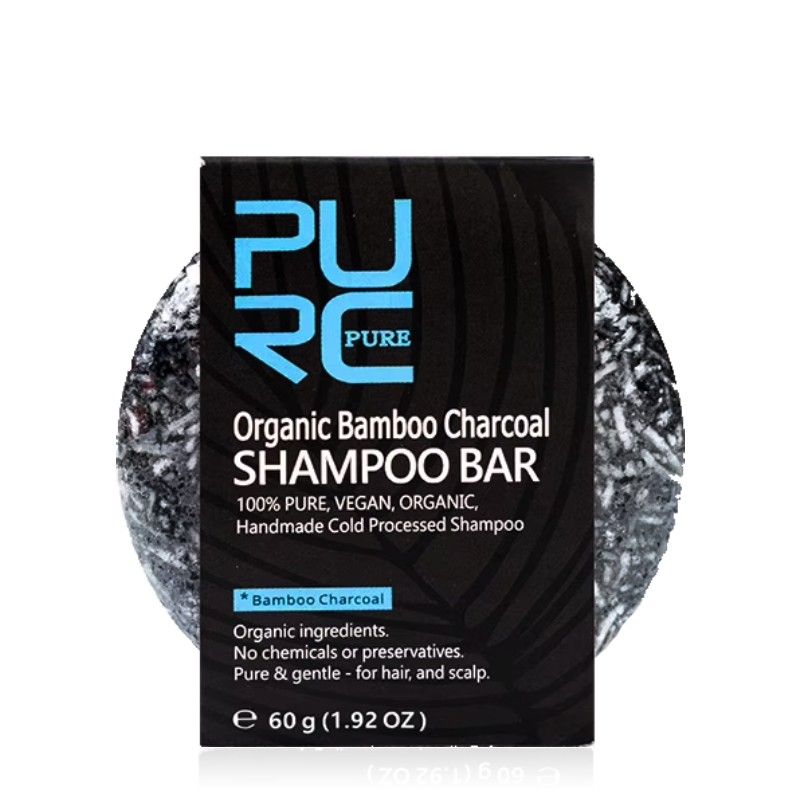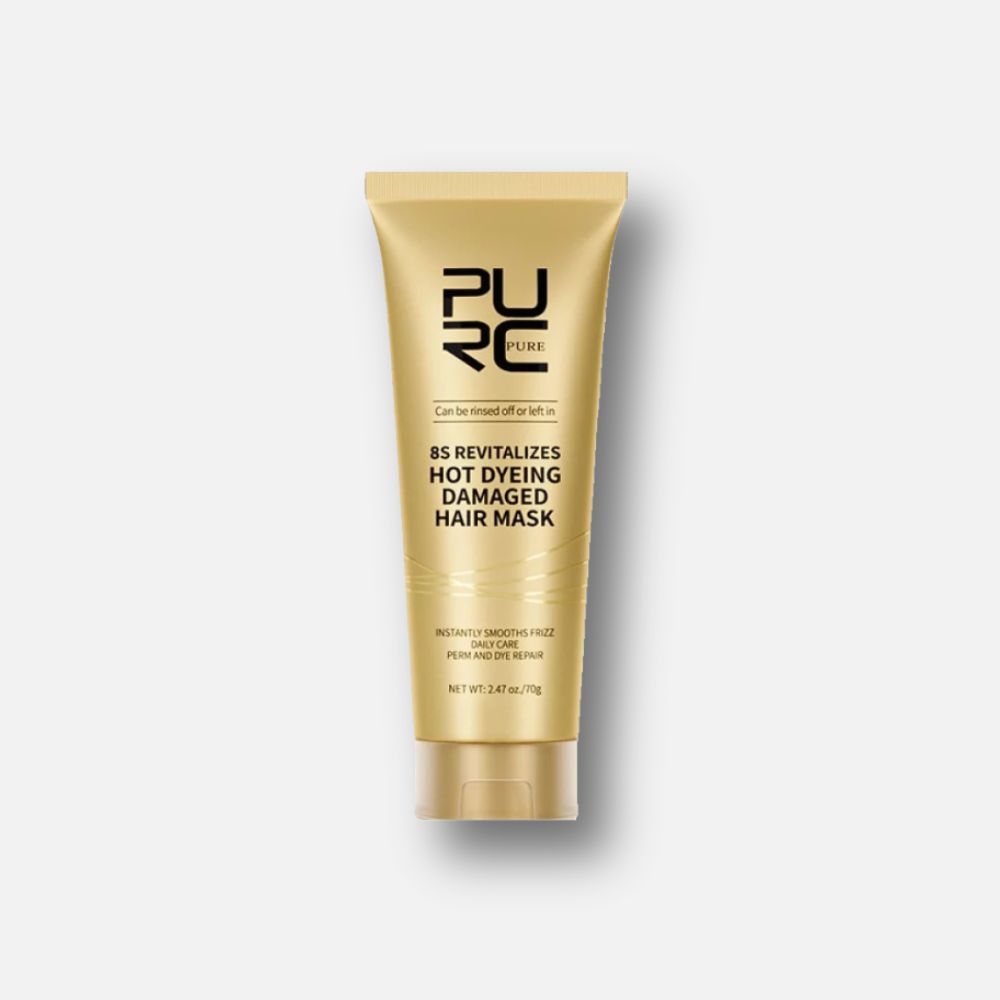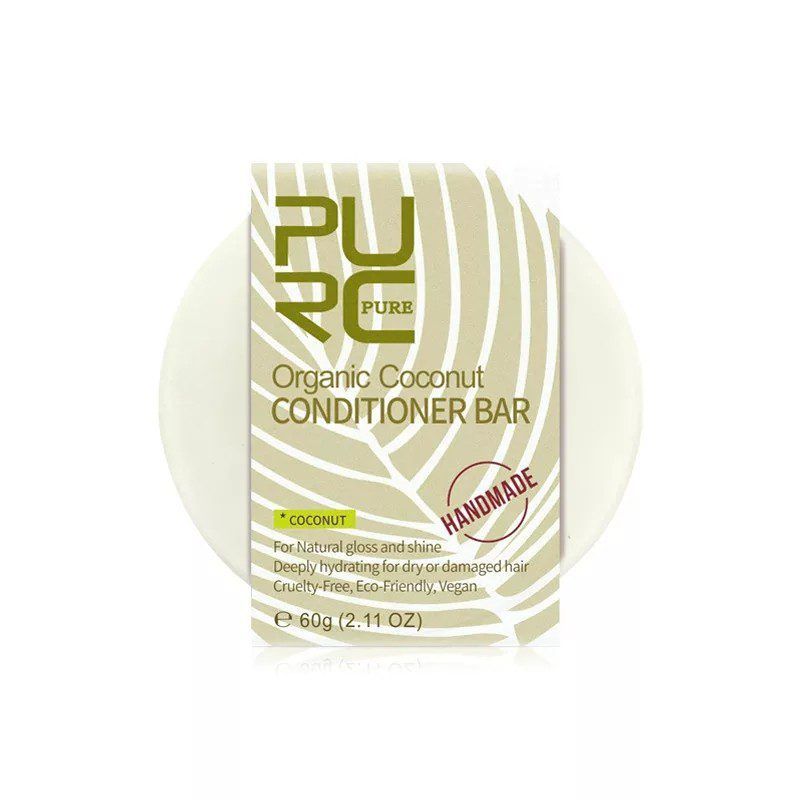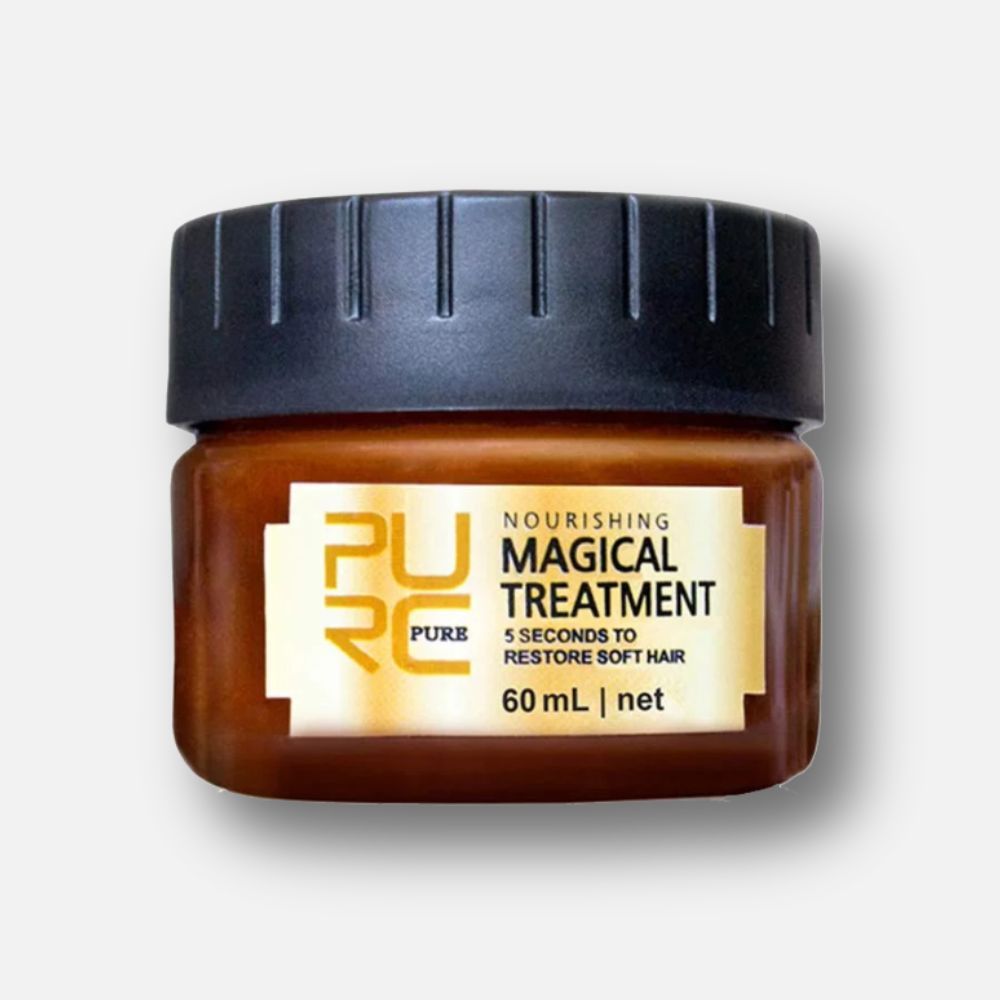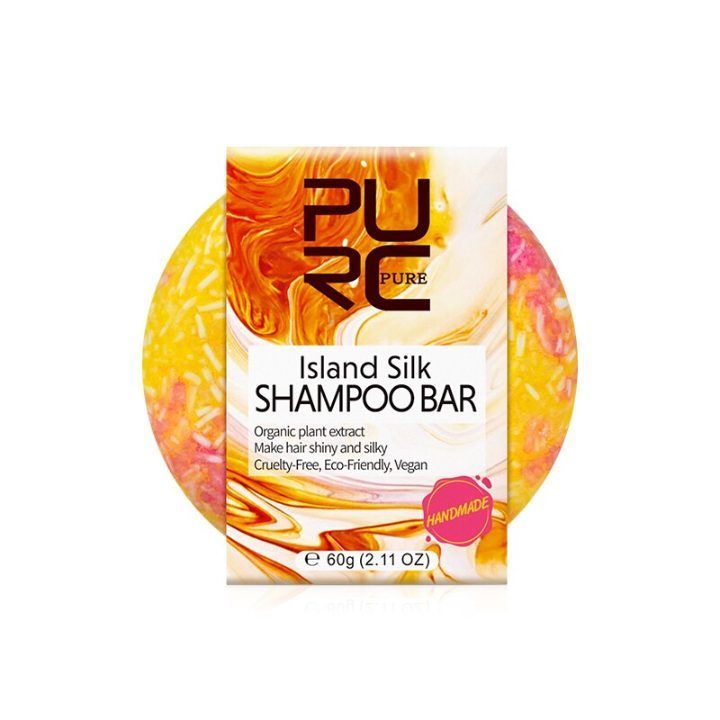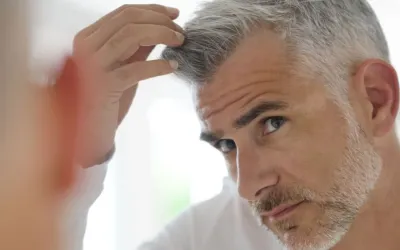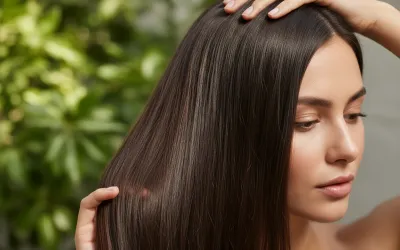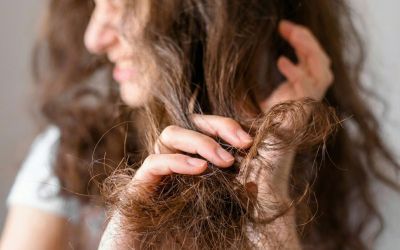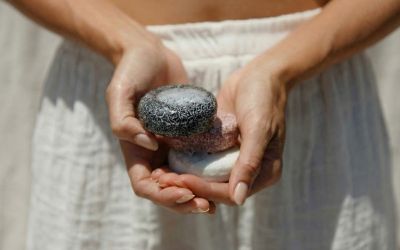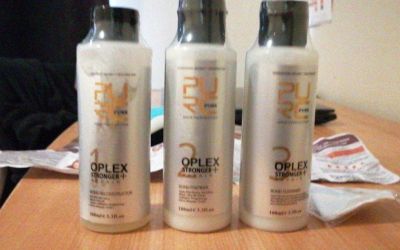You may be familiar with peptides from skincare products that help you age better, but did you know that these potent proteins can also change both the thickness and length of your hair? According to Dr. Sharon Wong, a consulting dermatologist and hair expert, applying peptides is the same as “getting a filler for your hair.” They are the most recent skincare ingredients to enter the hair care industry.
There is a growing trend in the hair care industry to “skinify” hair by adopting the essential elements found in skincare products. Peptides are beneficial in this circumstance. For your comfort, we at PURC Organics have put together all the vital information. Let’s explore the topic at its foundation to discover what they really are, how they function, and also why you require them.
Peptides: What do they actually mean?
A peptide is a short chain with at least two amino acids in it. A peptide bond, a type of chemical connection, connects the amino acids. They become proteins when they are organized into intricate structures, which typically contain 50 amino acids or more.
Some peptides may promote cell division, while others may support the structural integrity of the hair fiber, and yet others may influence cell signaling. Each helps the incredibly intricate process of hair growth in a different way.
Our body’s cells naturally contain them. Eggs, meat, and milk are excellent sources of them, but they can also be produced in laboratories to simulate the effects of actual peptides.
The Perks of Using Peptides for Your Hair
Currently, one of the most discussed active components is a copper peptide. Glycyl-L-histidyl-L-lysine (GHK) is a subtype that is easily able to connect with copper enzymes. This combination is known as GHK-Cu since the periodic table’s symbol for copper is Cu.
They have been shown through science to lessen hair breakage and encourage general hair development. The main reasons for beginning to include peptides in your hair care regimen are listed below.
- Peptides make your hair thicker
Not only do they play a significant role in regenerating new hair growth, but they can also make your existing hair look and feel thicker by increasing the follicle size. As the size will increase, the peptide will be easily penetrated and the hair will have a thicker and fuller experience.
Due to their anti-inflammatory qualities, the copper peptide can treat autoimmune reactions that are initiated in the hair as a result of inflammation. It will stop the hair loss brought on by inflammation and improve the thickness and shine of your hair.
- It enhances blood circulation
Our body’s organs all require oxygen, and hair follicles are no exception. Our hair follicles require a sufficient amount of oxygen to function, and because they are responsible for both our hair’s health and development, it is crucial that we treat the source of our hair problems.
Typically, as we age, our capillaries’ peripheral circulation can weaken and cause hair loss. It has been demonstrated that copper peptides enhance microcirculation, which permits the healthy activity of hair follicles.
Their capacity to regenerate new blood vessels from existing ones helps to improve oxygen levels. Angiogenesis is the name of this process. The amount of nutrients and oxygen is also boosted when copper peptides increase the blood vessels in our hair follicles, which ultimately results in higher blood flow and healthier circulation.
- Facilitates The Hair Growth Cycle
One of the three stages—Anagen (growth phase), Catagen (transition phase), or Telogen—is constantly present in our hair (resting phase). The majority of our hair is always in the anagen phase, also known as the growth phase, which typically lasts between three and five years.
It has been demonstrated that copper peptides prolong the growth phase. This indicates that they both initiate and prolong the anagen phase. They can restart the development cycle, causing new hair growth to be stronger and endure longer than ever.
- Hair Loss Reduction by decreasing DHT and increasing collagen and elastin levels
By suppressing the hormone dihydrotestosterone (DHT), which has been found to slow hair growth, copper peptides promote hair development. The 5-alpha reductase enzyme allows for the conversion of testosterone into DHT. However, copper peptides contribute to halting this process by blocking the development of enzymes, hence reducing DHT formation and hair loss.
They not only stop DHT from causing hair loss, but they also promote the production of collagen and elastin, which speeds up the growth of new hair. Both the structural proteins collagen and elastin can be discovered in connective tissues. On the scalp, they generate a good number of fat cells.
A Yale University study on hair growth found that an increase in fat cells on the scalp, which support the hair follicles, could considerably improve hair growth.
We all can easily now agree on how Peptide-containing hair products will give your hair and scalp an extra boost by stimulating blood flow and promoting healthy hair development.
